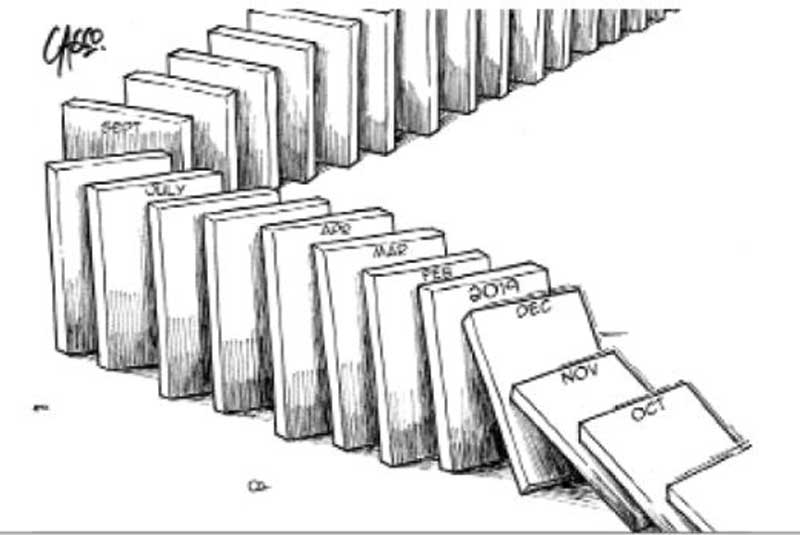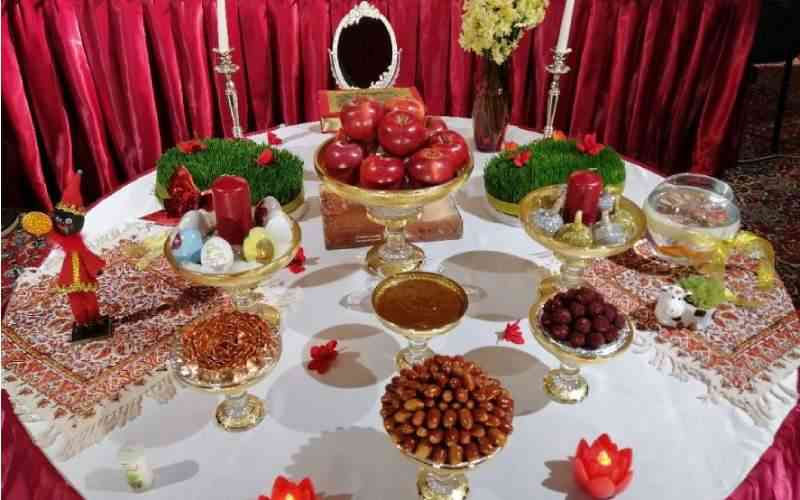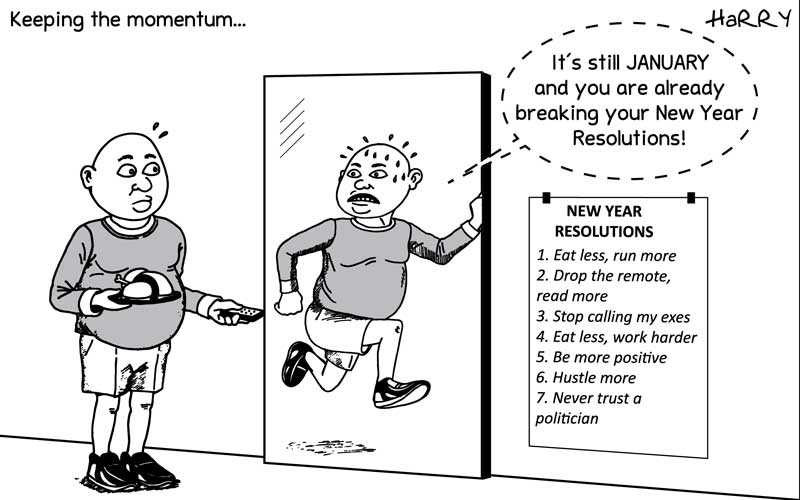
For Kenya, the year that was 2018 began with so much pessimism, but mercifully, it ended with so much hope. March 9 proved the turning point for the country. The much-acclaimed “handshake” between President Uhuru Kenyatta and Mr Raila Odinga calmed down the country a fiercely contested election.
And not for nothing. The reality was that not even two ‘presidents’ would individually address the pressing issues the country faced at the time. Despite regular elections, our democracy was proving a curse rather than a blessing. The disenchantment and anger was reaching boiling point.
To function well, our democracy needed a broad consensus on these issues. With consensus, comes compromise, which is the hallmark of all healthy politics. And make no mistake; we are not opposed to competition. Ultimately, elections produce winners and losers. Our call to reform the winner-takes-it-all model is anchored on the belief that the Executive though, headed by the president – a politician- should be apolitical.
A political system that banishes civil servants that are deemed- by virtue of tribe- to belong to the opposing political camp is counterproductive. We believe that the Executive, just like the Judiciary, should be shielded from politicians and politics. Yet the country had witnessed how an overbearing Executive egged on by a fawning Legislature drove a partisan agenda in Parliament.
Paul Collier, a professor of economics and public policy at Oxford University, aptly captures Kenya’s case. He warns that “on their own, unless they are held in the context of a functioning democracy, elections can retard rather than advance a country’s progress.”
Indeed, in a properly functioning political system elections constrain the greed of politicians and preserves the rights of the citizens. It was hoped that the “handshake” would underpin the push to make the government efficient, effective and dismantle corruption networks. Most importantly, that it would help advance the reform process.
Our stand is that corruption feeds off the winner-takes-it-all brand of politics. One would argue that the reinvigorated war on corruption has brought fear in the corridors where the vice thrived. But still more remains to be done.
There are those who think that the 2010 Constitution is to blame for the mess the country finds itself in. We are not opposed to revising the Constitution. What we will not countenance is a scheme to pack the Executive with positions to mollify the political class. We will not also countenance another round of campaigning that leaves the country worse off- deeply divided and embittered in the run up to another electoral cycle in 2022.
On the 10th anniversary of the National Accord that went unnoticed in February, we raised concern about the Agenda 4 issues that remained unaddressed in spite of a new Constitution. Our reasoned observation was that for many Kenyans, the glass still remains half-empty.
The National Accord was signed in the aftermath of the 2007-08 post-election violence that led to the death of 3,000, the displacement of hundreds of thousands and the destruction of property worth millions.The second and fourth agenda was to promote healing and reconciliation and address the underlying causes of violence. The protracted contest about the outcome of the August 2017 election goes to suggest that the underlying problems bedeviling our governance still exist and that these need to be addressed adequately to prevent another round of fighting and violence in future polls.
Certainly, there is some good in the 2010 Constitution. It could be made better. What ought to be done is to isolate the sticky points and thrash them out amicably. We should not throw out the baby with the bathwater.
Top on the agenda in the New Year is not just the clamour to change the 2010 Constitution. More must be weighing heavily on the president’s mind. First, President Kenyatta- in his last term- must realize that he has little time left to cement his legacy. The not-so-pleasant appraisal his Big 4 agenda – housing, food security, universal health coverage and manufacturing – has received should worry him.
The court has halted deductions to the Affordable Housing Fund while health specialists are questioning the focus on curative health care and not preventive care that is cheaper and an effective means to address issues affecting a majority of Kenyans who remain poor. In fact, it is apparent that the critical buy-in and crippling bureaucratic machine is undermining the rollout of the affordable housing plan.The President needs to gather his thoughts and rally his troops if only to rescue his legacy.
Kenya’s public debt discussion will not go away anytime soon. A 56 per cent debt to GDP ratio for an economy like ours – in spite of the President’s protestations- is worrisome.
Stay informed. Subscribe to our newsletter
The war on corruption is in full throttle or so it seems. Mr Kenyatta will need to avoid the obvious pitfalls that have undermined the fight before. It is true that corruption fights back; it is also true that corruption will only fight back where the prosecutor and the investigator commits mistakes as to leave many wondering on whose side they stand.The razzmatazz that has defined the Friday arrests of corruption suspects had better yield results- convictions and seizure of ill-gotten wealth.
Nothing preoccupies the minds of many parents like the fate of the old and new curriculum. The back and forth from Education CS Amina Mohammed and the threat of a teachers’ strike will dampen the cheer of many. There have been positive reviews of the new Competency-Based Curriculum. Mr Kenyatta’s legacy could be defined by the war on corruption - whether successful or not- and a successful rollout of the 2-6-3-3-3 curriculum.
 The Standard Group Plc is a
multi-media organization with investments in media platforms spanning newspaper
print operations, television, radio broadcasting, digital and online services. The
Standard Group is recognized as a leading multi-media house in Kenya with a key
influence in matters of national and international interest.
The Standard Group Plc is a
multi-media organization with investments in media platforms spanning newspaper
print operations, television, radio broadcasting, digital and online services. The
Standard Group is recognized as a leading multi-media house in Kenya with a key
influence in matters of national and international interest.
 The Standard Group Plc is a
multi-media organization with investments in media platforms spanning newspaper
print operations, television, radio broadcasting, digital and online services. The
Standard Group is recognized as a leading multi-media house in Kenya with a key
influence in matters of national and international interest.
The Standard Group Plc is a
multi-media organization with investments in media platforms spanning newspaper
print operations, television, radio broadcasting, digital and online services. The
Standard Group is recognized as a leading multi-media house in Kenya with a key
influence in matters of national and international interest.










